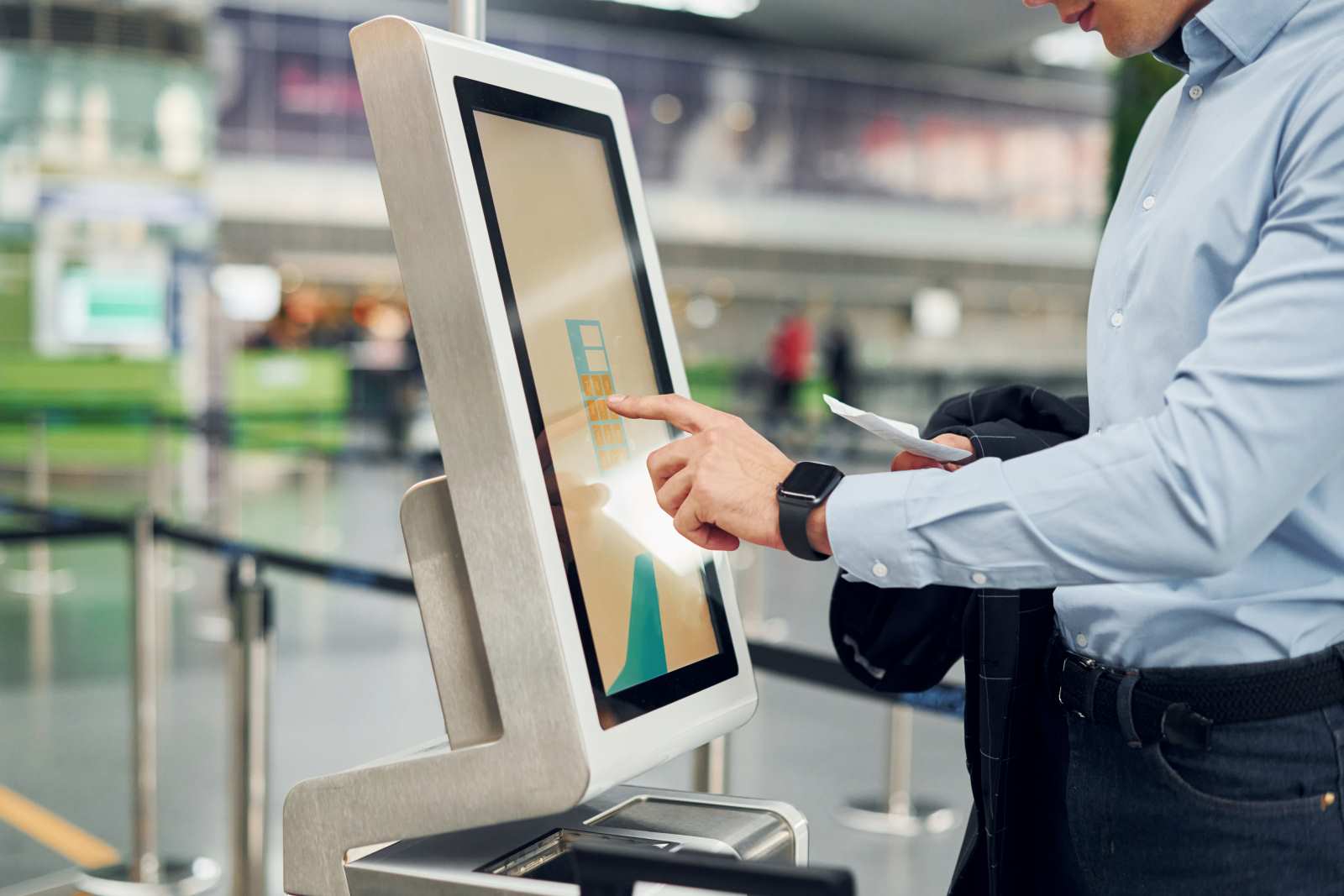The Smart Airports Market is experiencing rapid growth and transformation as the aviation industry adapts to the digital age. Smart airports, also known as intelligent or connected airports, leverage advanced technologies to enhance efficiency, safety, and passenger experience. This market has been on an upward trajectory due to the increasing demand for air travel, coupled with the need to streamline airport operations and enhance passenger satisfaction. This summary explores the key drivers, trends, and challenges in the smart airports market.
Market Drivers:
- Rising Air Travel: The increasing global air passenger traffic has led to congestion at airports, prompting the need for smart solutions to optimize operations and enhance the passenger experience.
- Technological Advancements: The proliferation of technologies like the Internet of Things (IoT), artificial intelligence (AI), and data analytics has enabled airports to gather and process data for better decision-making and automation.
- Security and Safety: Smart airports focus on enhancing security measures through biometrics, facial recognition, and advanced surveillance systems, which are crucial in the post-9/11 security landscape.
- Passenger Experience: Airports are increasingly investing in passenger-centric technologies, such as mobile apps, self-service kiosks, and smart terminals, to improve the overall travel experience.
Market Trends:
- IoT Integration: The adoption of IoT is a significant trend in smart airports, with sensors and devices interconnected to provide real-time data on luggage tracking, parking, and aircraft maintenance, leading to improved efficiency and safety.
- Biometrics and Facial Recognition: Biometric authentication, including facial recognition, is being employed for check-in, security, and immigration, streamlining passenger processes and enhancing security.
- Sustainable Practices: Smart airports are increasingly adopting environmentally friendly practices, such as energy-efficient infrastructure, waste management, and renewable energy sources, aligning with global sustainability goals.
- Artificial Intelligence: AI is used to optimize operations, from baggage handling and resource allocation to predictive maintenance, resulting in cost savings and improved efficiency.
Market Challenges:
- High Implementation Costs: The upfront investment required for integrating smart technologies can be substantial, posing a challenge for many airports, especially smaller ones.
- Data Privacy Concerns: The use of passenger data for biometrics and facial recognition has raised privacy concerns and regulatory challenges that airports must navigate.
- Interoperability Issues: Integrating various smart systems from different vendors can be complex, as they may not always be compatible, necessitating standardization efforts.
- Cybersecurity Risks: As airports become more connected, they become attractive targets for cyberattacks, making robust cybersecurity measures a crucial consideration.
Market Segmentation: The smart airports market can be segmented into various categories, including:
- Component: This includes hardware (sensors, cameras, displays, etc.) and software (data analytics, security systems, etc.) used in smart airport infrastructure.
- Application: Segments like smart passenger processing, smart baggage handling, smart security and surveillance, and smart airport operations.
- End User: Classification based on the type of airport, such as large, medium, or small airports.
- Geography: Regional markets, with North America, Europe, Asia-Pacific, and the Middle East being prominent players in the smart airports market.
Key Players: Prominent companies in the smart airports market include Siemens AG, IBM Corporation, Honeywell International, Inc., and Cisco Systems, Inc., among others. These companies provide a wide range of solutions to address the diverse needs of smart airports.
Conclusion: The smart airports market is poised for significant growth as airports around the world continue to invest in modernizing their infrastructure and improving the travel experience for passengers. While challenges such as high implementation costs and data privacy concerns exist, the benefits in terms of efficiency, safety, and passenger satisfaction make smart airports a vital component of the aviation industry's future. The integration of advanced technologies and a focus on sustainability will continue to drive innovation in this market, ultimately reshaping the way we travel by air.





